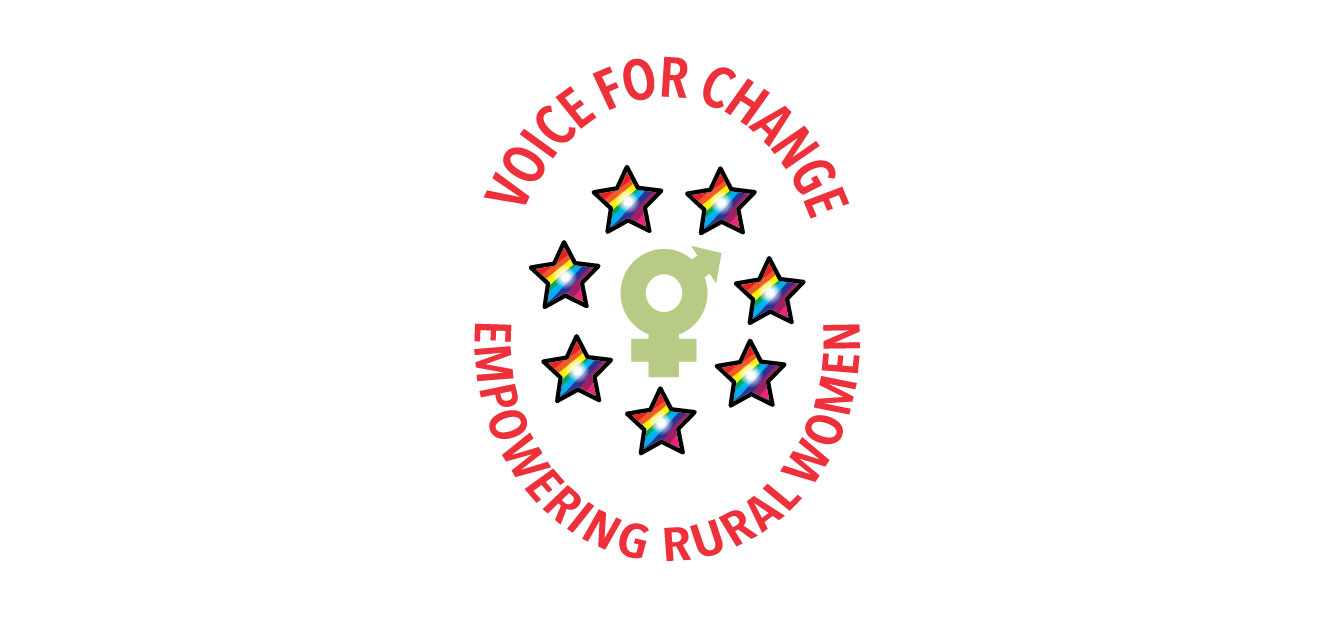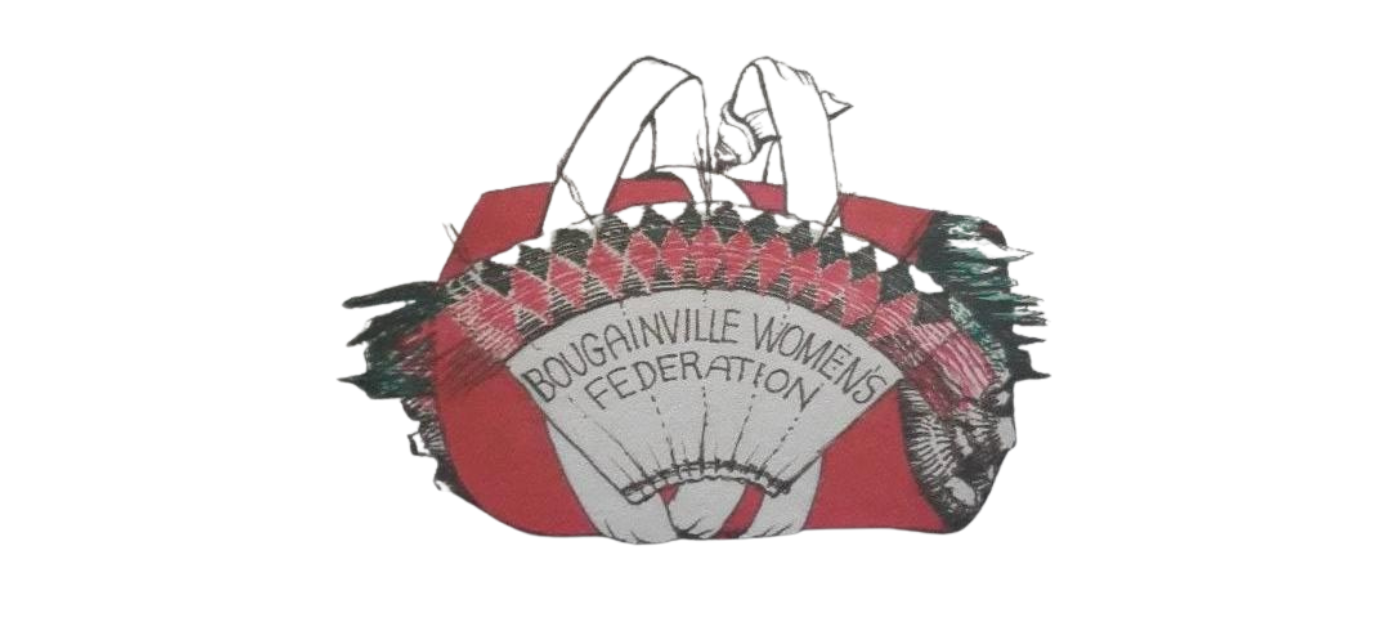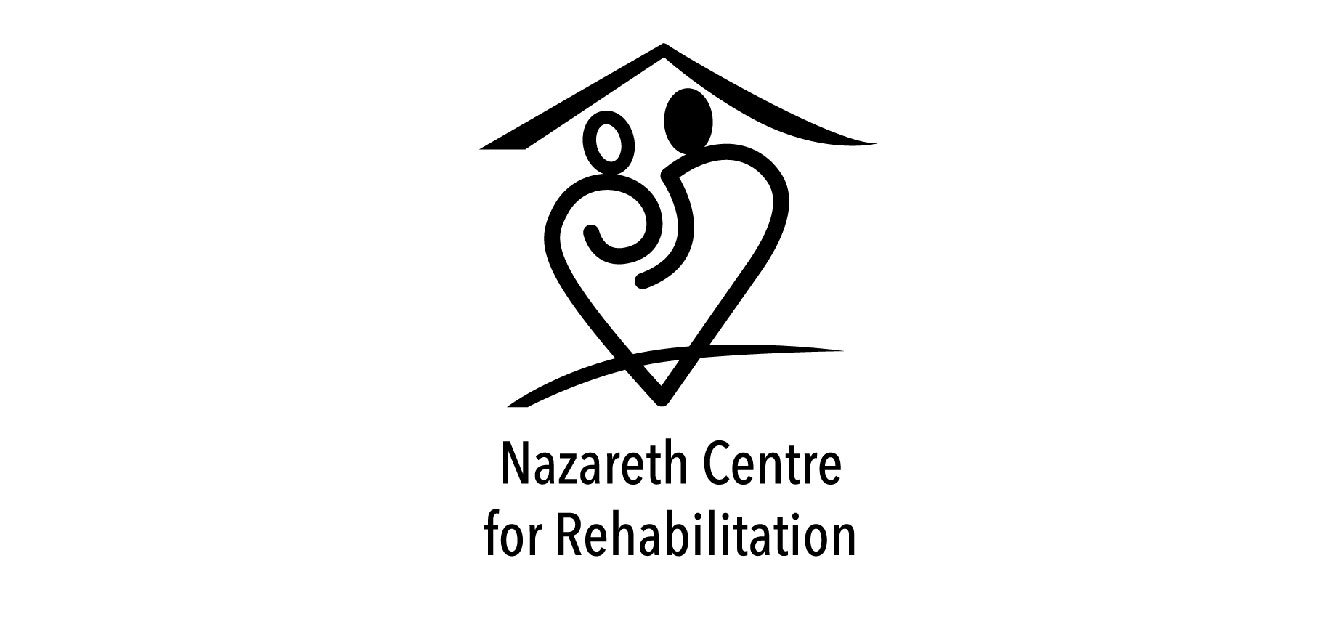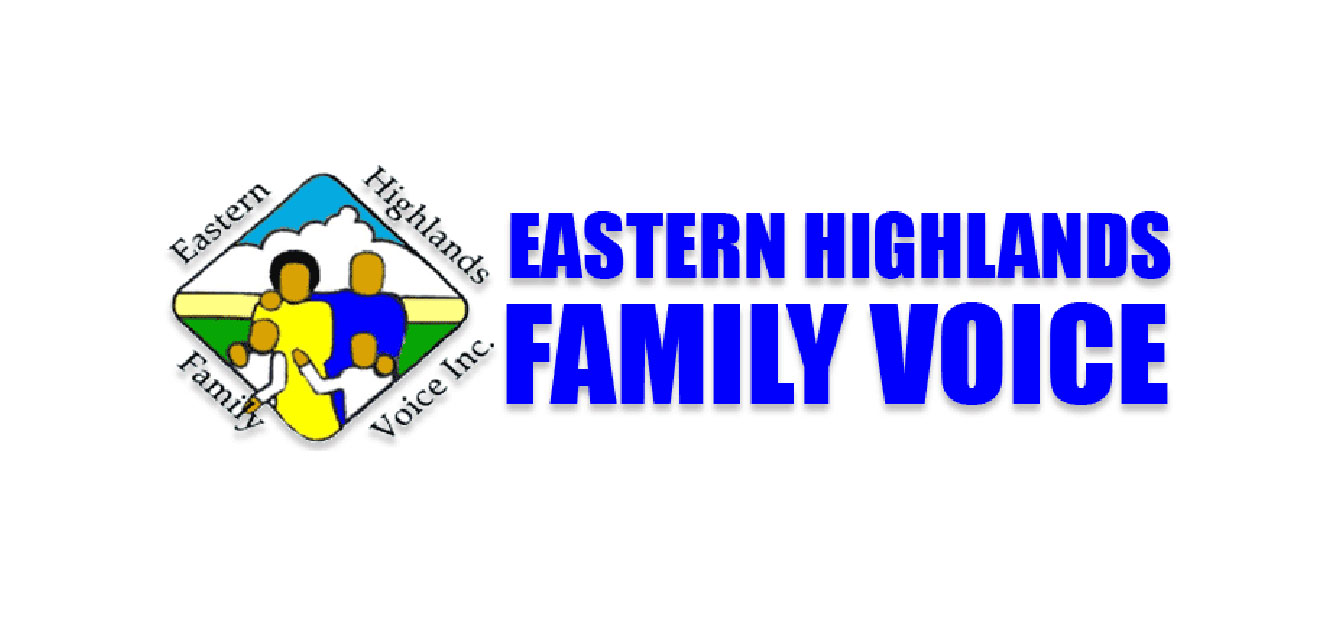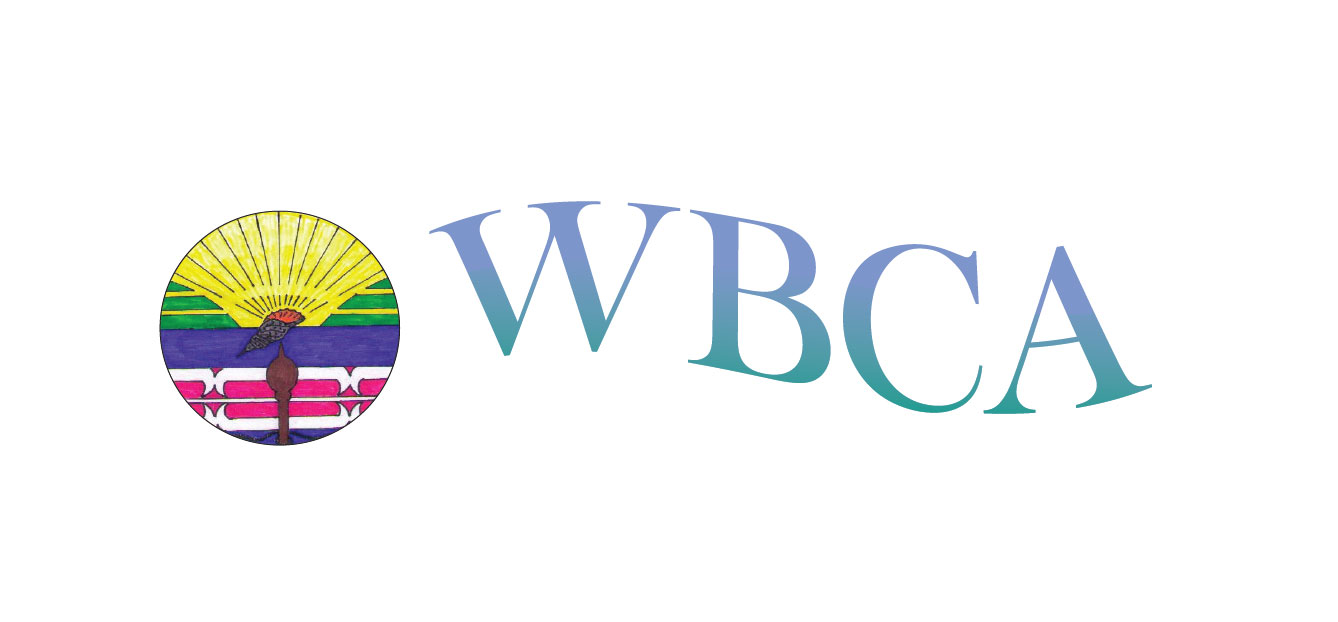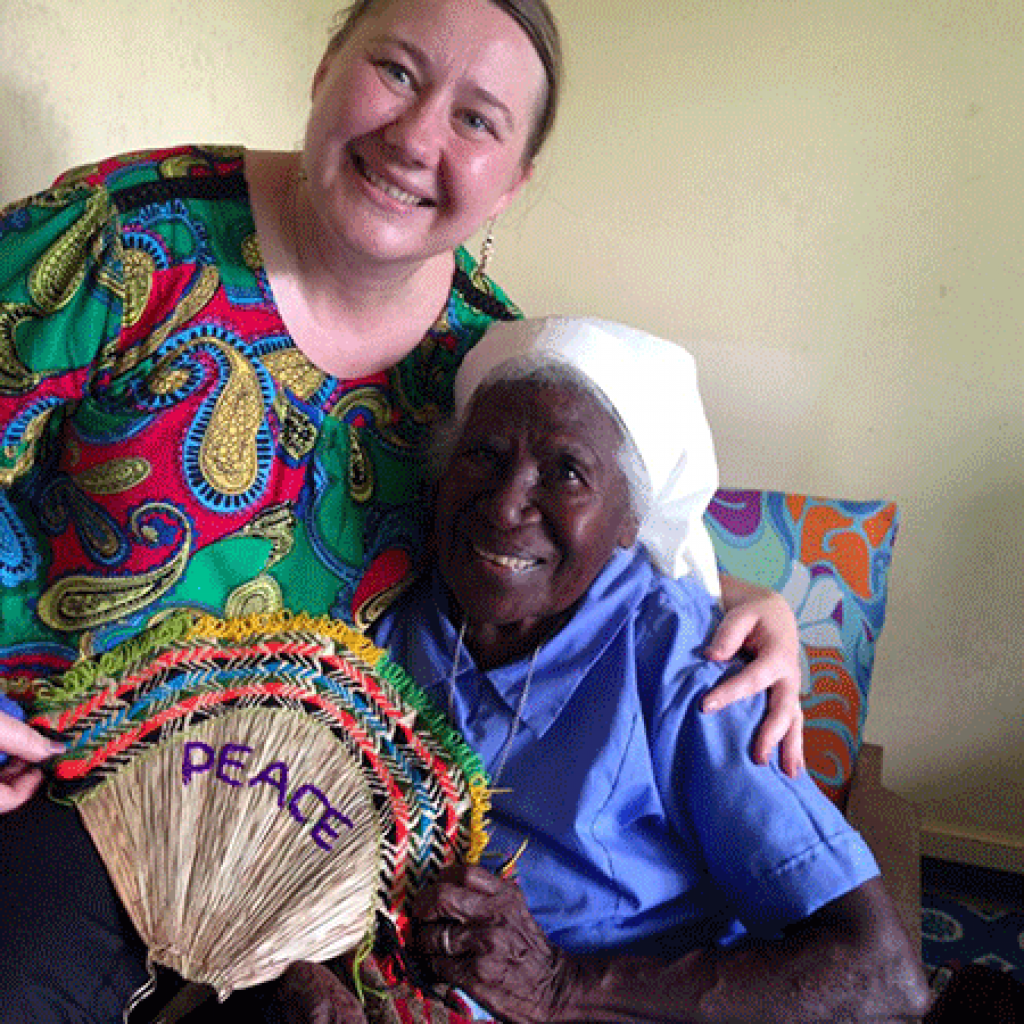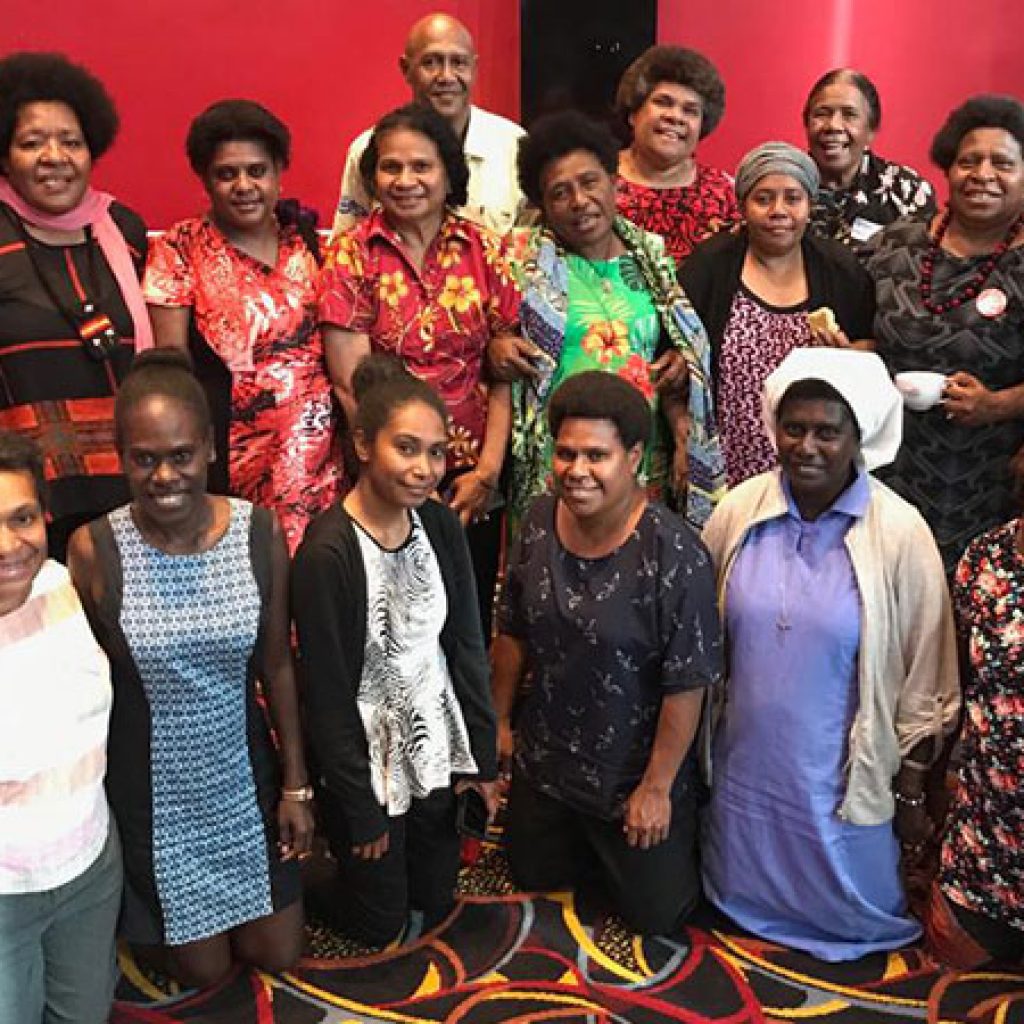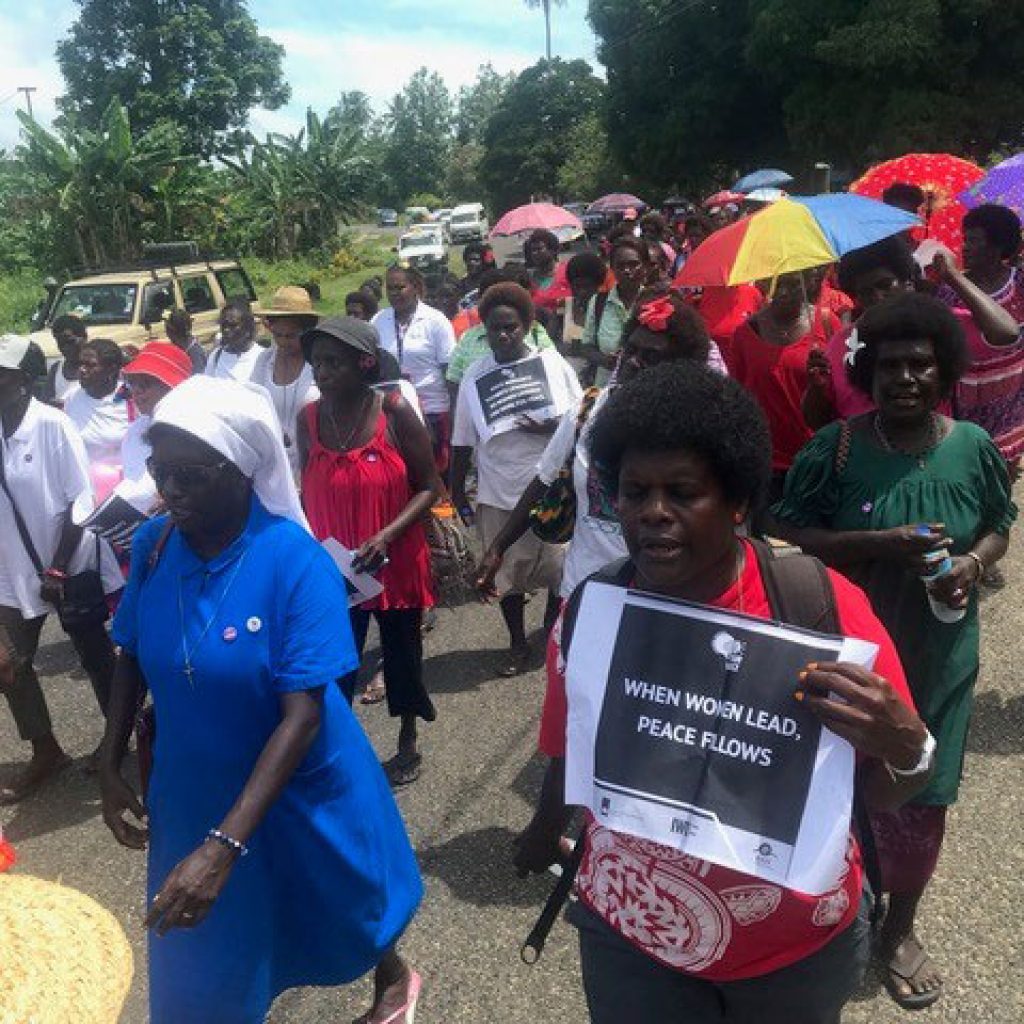Papua New Guinea & Bougainville
This Pacific country is one of the world’s most diverse nations, & women are working against significant barriers to gender equality.
Papua New Guinea (PNG) is the largest and most populated Pacific nation. Over 800 languages are spoken across 600 islands, making this one of the most diverse countries in the world.
PNG is resource rich; mining, logging and palm oil have generated billions in revenue for foreign multinationals, local groups and the government. Weak governance in the country means that despite the enormous financial potential of these industries, 21.8% of people in PNG live below the income poverty line of US $1.90 per day. While the PNG Constitution outlines equal protection under the law, in practice, socio-cultural barriers continue to prevent this from being realised. In particular, customary law which frequently discriminates against women is commonly applied, particularly in relation to violence against women and exclusion from decision making and property and land rights.
The majority of the population (approximately 87.5%) live in rural areas, in traditional communities. Families grow and sell produce for markets and national infrastructure is poor, limiting access to basic health services, education and economic opportunities.
Gender inequality is a critical development issue in PNG. Gender based violence has reached unacceptably high levels, and women and girls continue to face barriers in accessing and expanding their skills, opportunities and resources, allowing them to fully participate in PNG society.

Autonomous Region of Bougainville (ARoB)
The Autonomous Region of Bougainville is an island located nearly 1000 kilometres east of Papua New Guinea, and directly north of Solomon Islands. The population is approximately 300,000. From 1988 to 1998, Bougainville went through an armed conflict between Papua New Guinea and the Bougainville Revolutionary Army. In 2001 the conflict ceased with the development of The Bougainville Peace Agreement, which gave Bougainville the status of an Autonomous Region with its own constitution.
Under the terms of the Peace Agreement, Bougainville held a Referendum for independence in 2020. Over 98% of voters supported independence, and the governments of PNG & AROB are now engaged in negotiations regarding the future political status of Bougainville.
Both men and women in Bougainville continue to experience the aftermath of decades of conflict, and a large number of people remain internally displaced on the island. Currently, women’s groups are leading on many gender equality initiatives, including advocating for reserved seats in the Parliament, increasing representation of women in decision making positions, combatting violence against women and children, peace building and improving lives for local communities.
Life for women in PNG and Bougainville
While the PNG Constitution grants men and women equal rights, interpretation of traditional customs often results in women being viewed as inferior and unsuitable for leadership positions. There are currently two women in PNG parliament. Unlike PNG, Bougainville has 3 reserved seats for women in Parliament, currently just 5 women hold seats, of the 41 available. It is estimated that PNG has one of the highest rates of gender-based violence in the world outside a conflict zone.
Violence against women has reached pandemic levels – 80% of men have physically or sexually assaulted their partner in their lifetime, and 41% report having committed non-partner rape.
Yet Papua New Guinean and Bougainville women are resilient, creative and resourceful agents of change in their communities and nation. Speaking out against the pervasive gender inequality that places little value on the lives and rights of women is perilous work, but it’s something our partners do each day. And in doing so, they not only challenge the normalisation of violence against women, they’re directly saving lives.
We work with fearless women across PNG and Bougainville who are challenging many complex barriers, so they can safely and fully participate in all aspects of their lives and make their own decisions freely.
Barriers to equality
2
Parliamentarians in PNG who are women
80%
Men have physically or sexually assaulted their partner in their lifetime
30%
Girls are enrolled in secondary school

Quick stats
9.1 million
Total population
155/188
Human Development Index Rating (HDI)
37.5%
People living below the National Poverty Line
Partnering for change
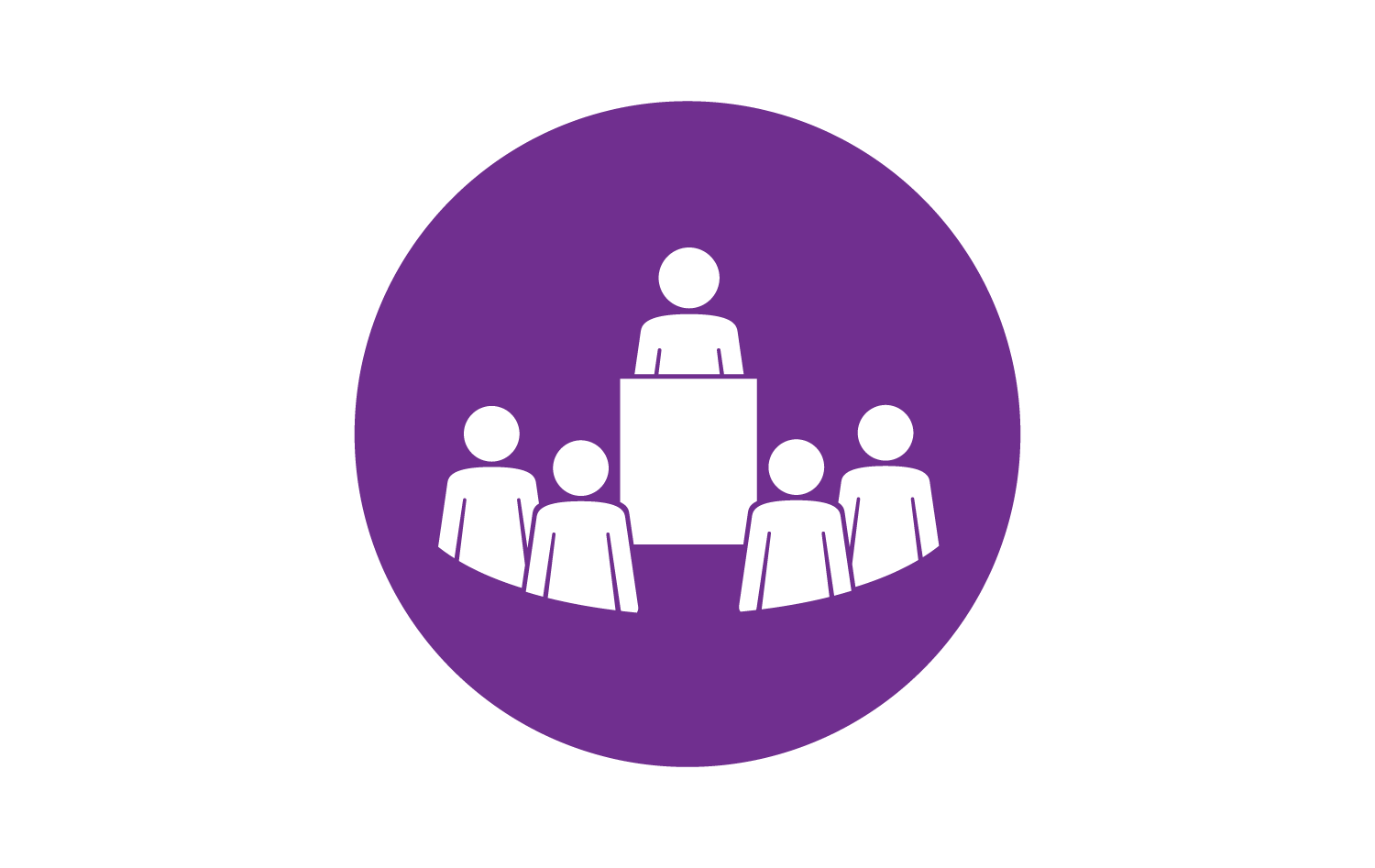
Promoting women’s leadership
IWDA partners in PNG and Bougainville have been supporting women to equally lead and participate in decision-making in politics, their communities and their families. Our partners support women running for election by providing key training – such as public speaking. They advocate for their governments to implement gender responsive and gender equitable programs and policies for women and they are building up young women to lead in their communities and in politics.
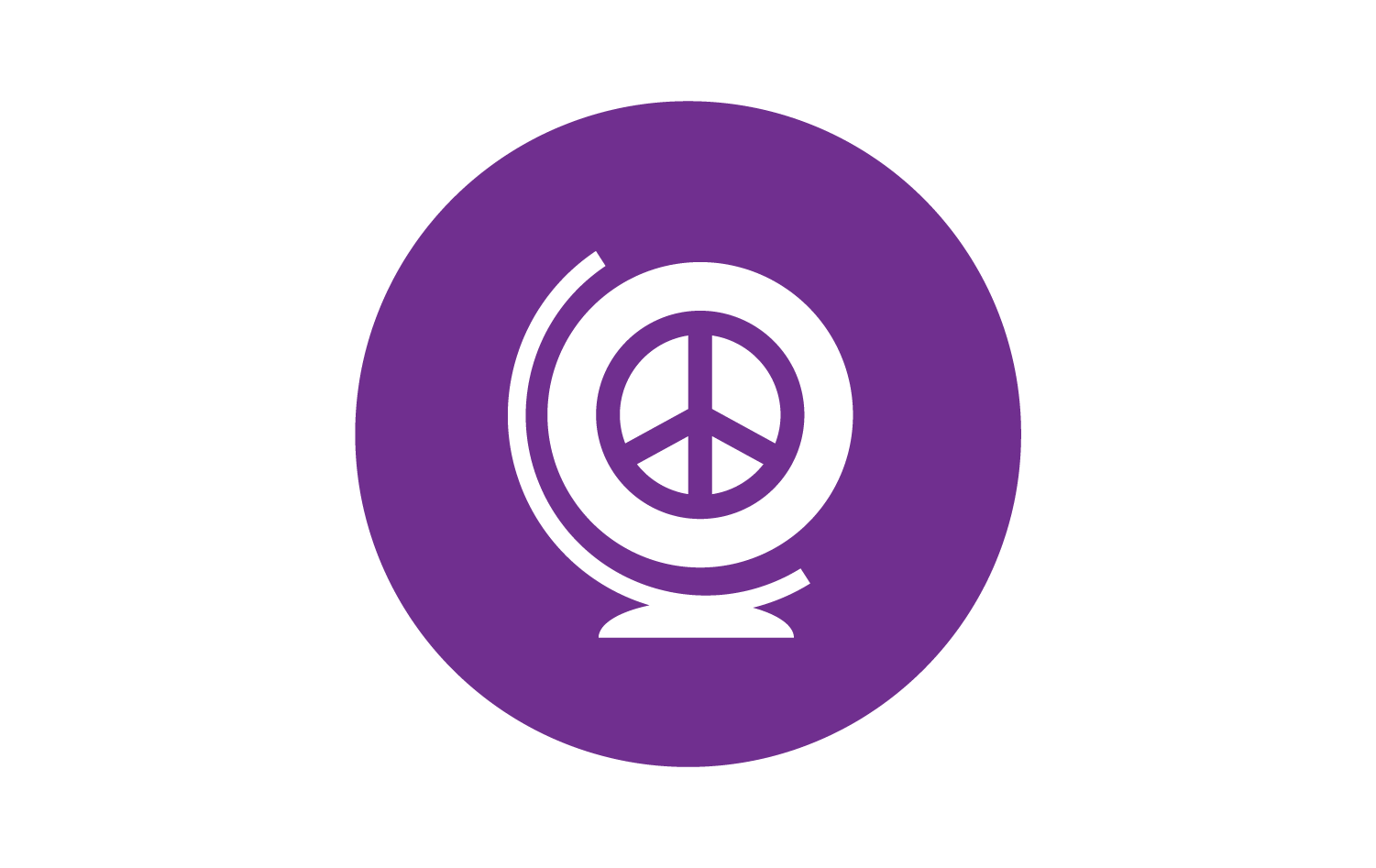
Strengthening women’s safety and security
Our partners have been supporting women and their communities to respond to the alarming levels of gender violence by providing safe houses and accommodation, counselling, legal referrals and support for women, who have endured physical, sexual and emotional violence. They work with local communities and train Women’s Human Rights Defenders and Male Advocates, to raise awareness of women’s rights, gender equality and violence prevention, helping to change harmful attitudes and behaviours and create a safer future for the country’s women and girls.
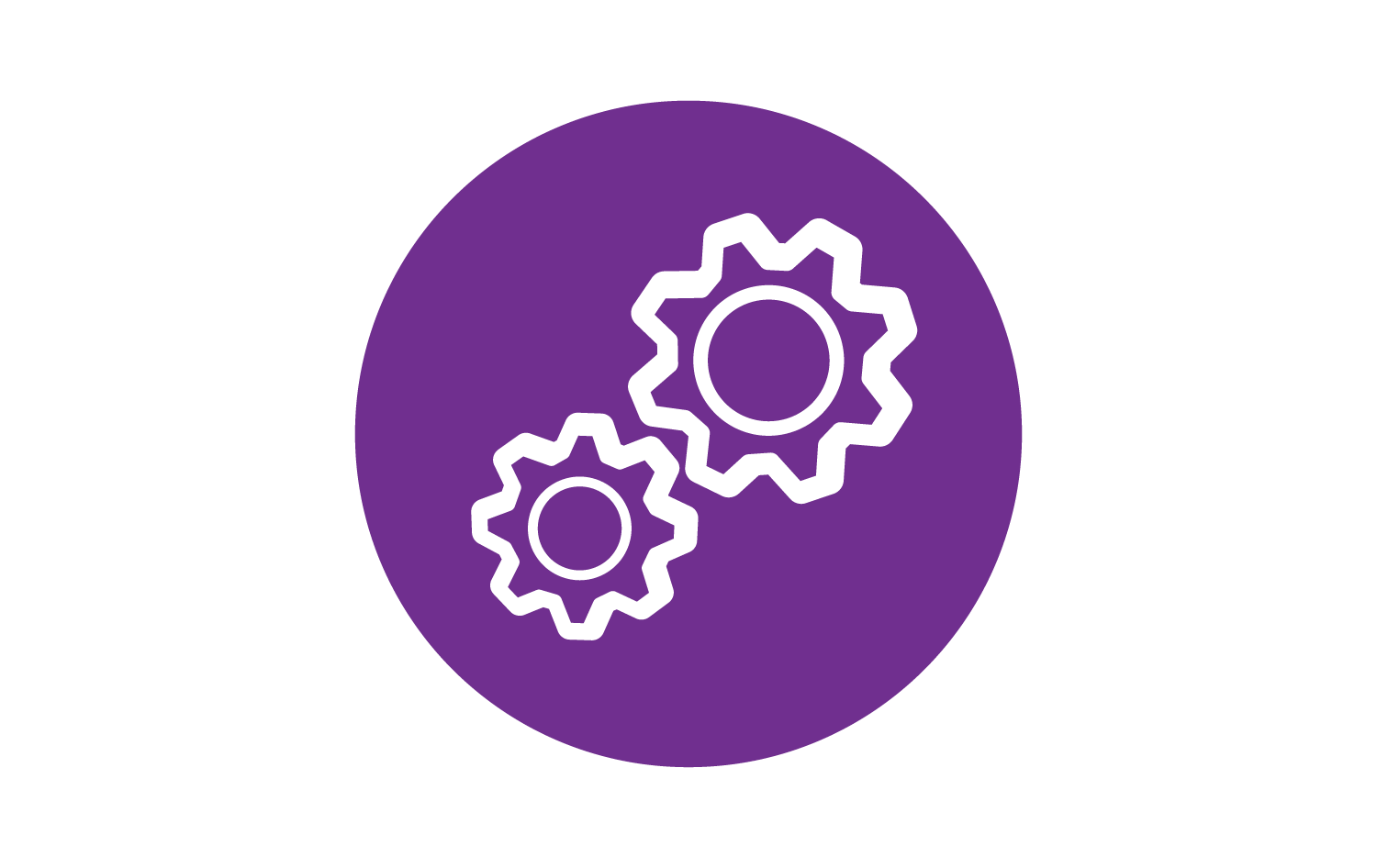
Creating systemic change
From the grassroots to shifting laws on women’s rights to their land, access to justice and freedom from fear, our partners work at the local, provincial and national level to affect systemic change. This includes lobbying for more reserved seats in parliament in Bougainville, advocating for policy reform on the protection of women from violence and advocate to the local level government to draft local by-laws setting out women’s rights over land.
